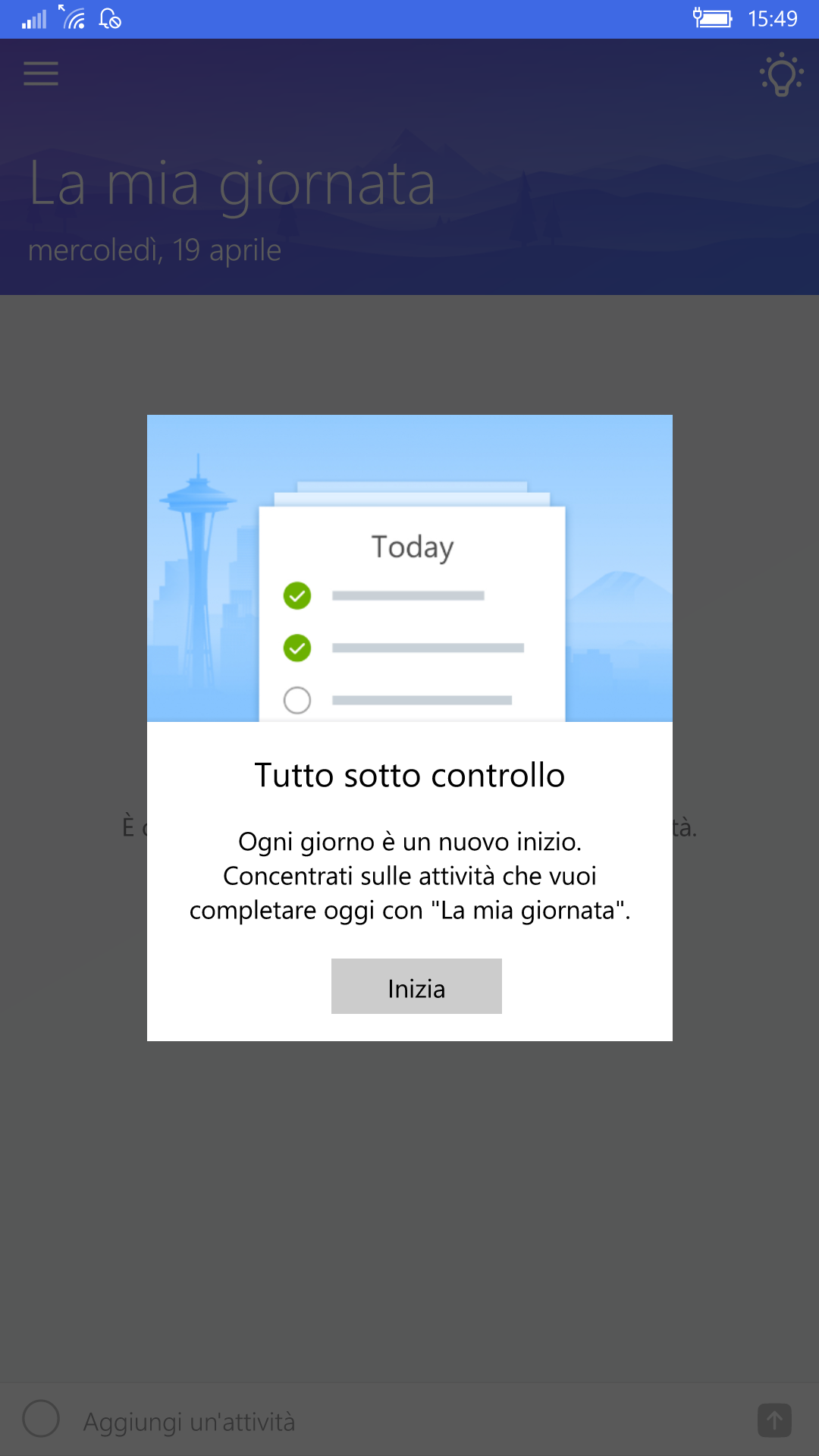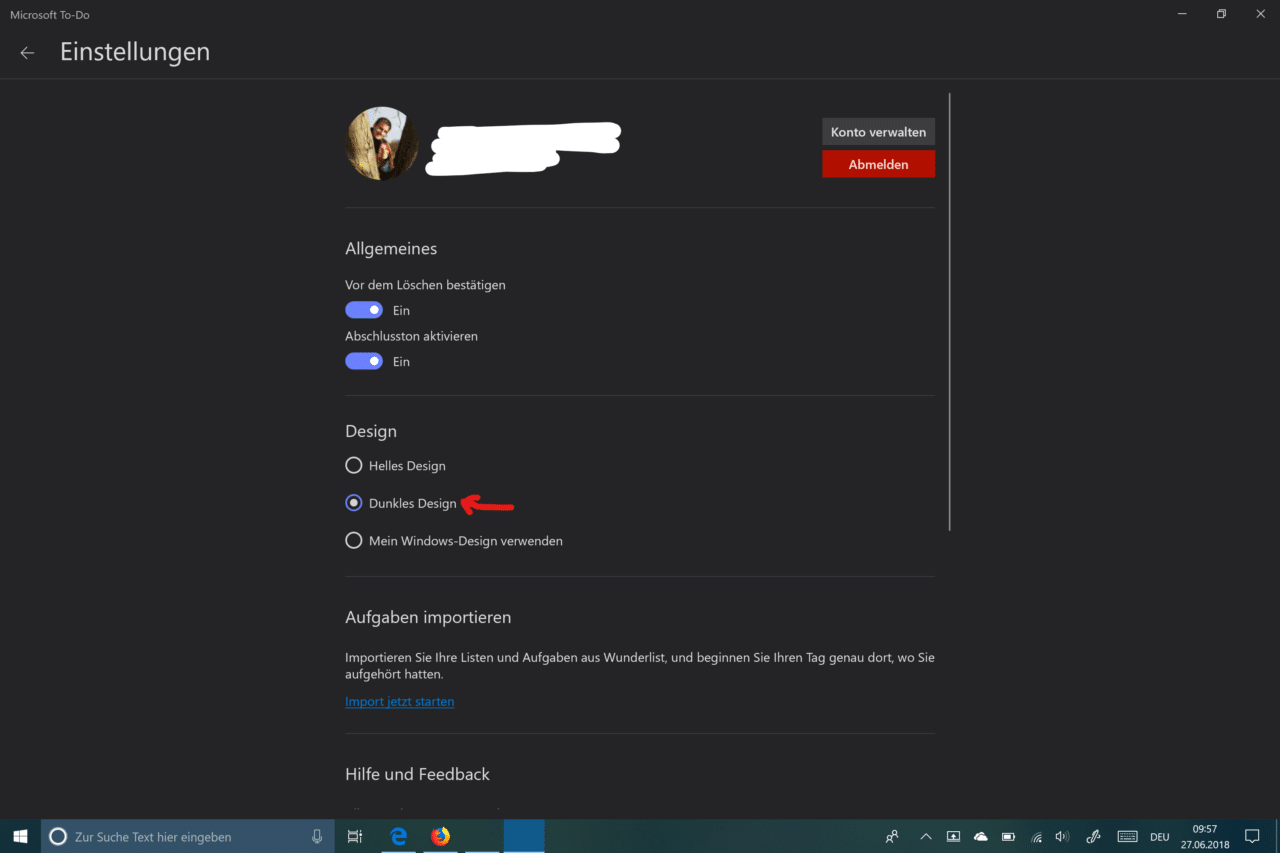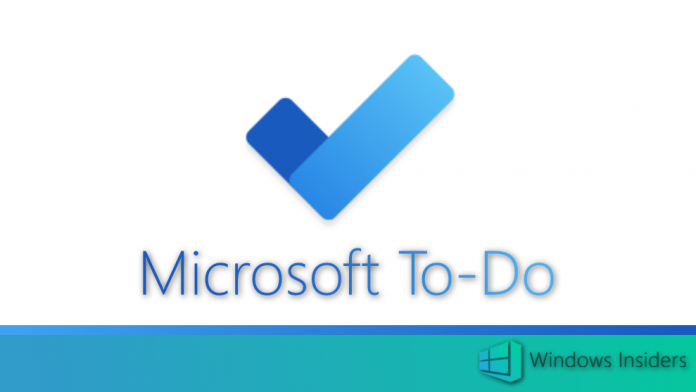


The use of Cortana intelligent personal assistant also requires the collection of data "such as your device location, data from your calendar, the apps you use, data from your emails and text messages, who you call, your contacts and how often you interact with them on your device" to personalize its functionality. Users can opt out from most of this data collection, but telemetry data for error reporting and usage is also sent to Microsoft, and this cannot be disabled on non-Enterprise versions of Windows 10.

Under the default "Express" settings, Windows 10 is configured to send various information to Microsoft and other parties, including the collection of user contacts, calendar data, and "associated input data" to personalize "speech, typing, and inking input", typing and inking data to improve recognition, allow apps to use a unique "advertising ID" for analytics and advertising personalization (functionality introduced by Windows 8.1) and allow apps to request the user's location data and send this data to Microsoft and "trusted partners" to improve location detection (Windows 8 had similar settings, except that location data collection did not include "trusted partners").

The various versions of Microsoft's desktop operating system, Windows, have received various criticisms since Microsoft's inception.Ĭoncerns were shown by advocates and other critics for Windows 10's privacy policies and its collection and use of customer data. ( Learn how and when to remove this template message) Please consider expanding the lead to provide an accessible overview of all important aspects of the article. This article's lead section may be too short to adequately summarize the key points.


 0 kommentar(er)
0 kommentar(er)
